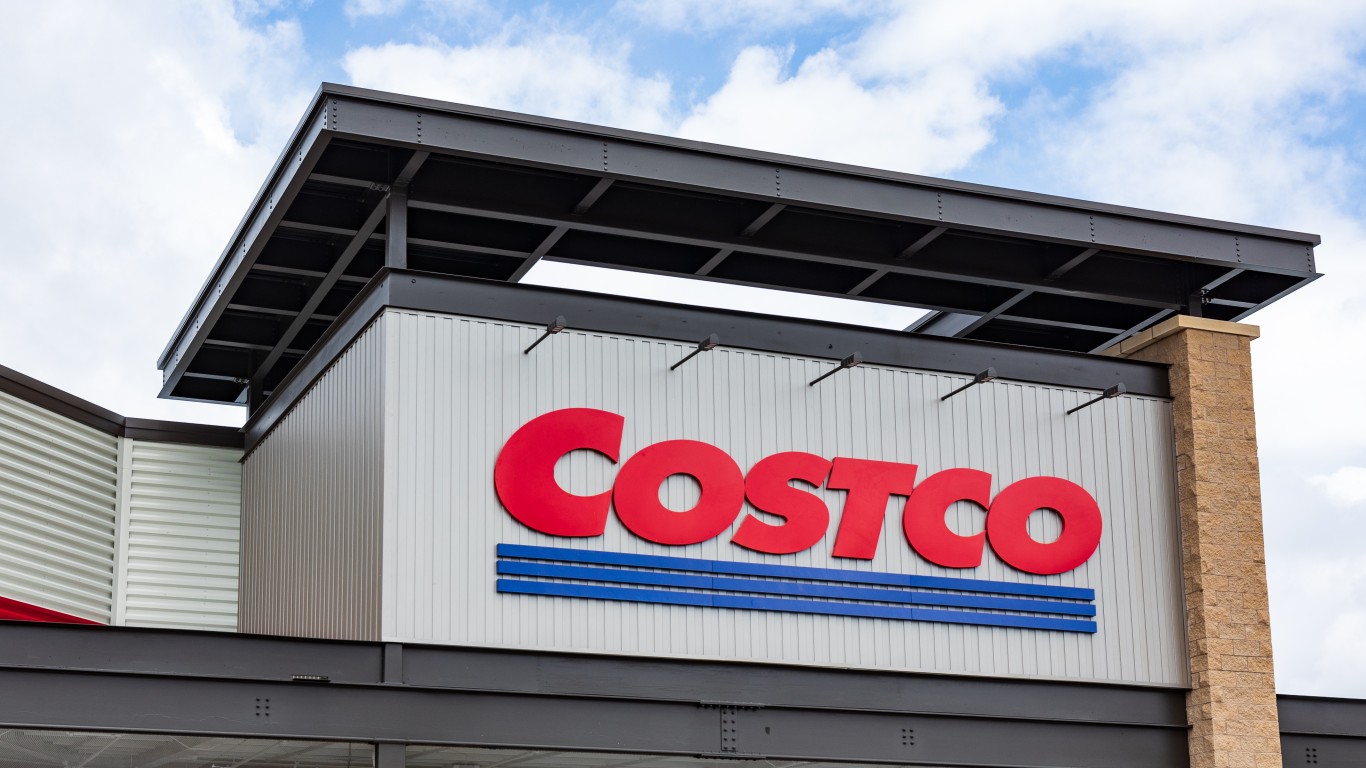
Home Depot has sent a list of the products it will sell for Christmas. Amazon has released plans for another “Prime Day” in October. Prime members better get their wallets full now. Christmas shopping crept from November to October years ago. Astonishingly, the current jump puts promotions five months ahead of America’s biggest holiday. (These companies control over half their industries.)
[in-text-ad]
Holiday shopping brings retailers about $900 billion each year. For many retailers, the fourth quarter is the only profitable one, which means they count on October to December to survive. As major retailers push their Christmas sales dates into late summer and early fall, it affects the entire industry.
The retail industry’s problems with an earlier Christmas shopping season are partially due to inventory. The cost to finance earlier stocks of inventory can be significant. And this year, some inventory may not be available in September. That leaves many retailers with nothing to sell so early in the season.
Earlier Christmas shopping also puts a bite on consumers, as many budget to spend their money in November. Christmas in August throws these budget plans out the window. Underfunded consumers may not be consumers at all in August, a risk retailers with early promotions will have to take.
Does a head start help retailers pick up some sales? Maybe. However, it may also exhaust the consumer’s spending power, which means people will not have much left when October, November and December come around. All the retailers will have done is move revenue from one month to a few months earlier. That is not a very good deal for them.
The Average American Has No Idea How Much Money You Can Make Today (Sponsor)
The last few years made people forget how much banks and CD’s can pay. Meanwhile, interest rates have spiked and many can afford to pay you much more, but most are keeping yields low and hoping you won’t notice.
But there is good news. To win qualified customers, some accounts are paying almost 10x the national average! That’s an incredible way to keep your money safe and earn more at the same time. Our top pick for high yield savings accounts includes other benefits as well. You can earn up to 3.80% with a Checking & Savings Account today Sign up and get up to $300 with direct deposit. No account fees. FDIC Insured.
Click here to see how much more you could be earning on your savings today. It takes just a few minutes to open an account to make your money work for you.
Our top pick for high yield savings accounts includes other benefits as well. You can earn up to 4.00% with a Checking & Savings Account from Sofi. Sign up and get up to $300 with direct deposit. No account fees. FDIC Insured.
Thank you for reading! Have some feedback for us?
Contact the 24/7 Wall St. editorial team.



